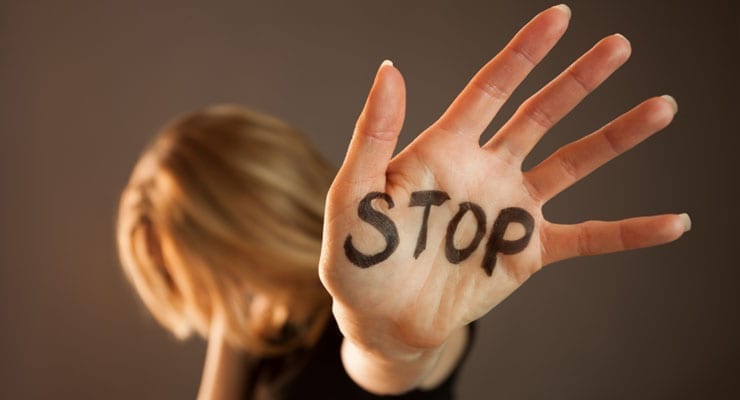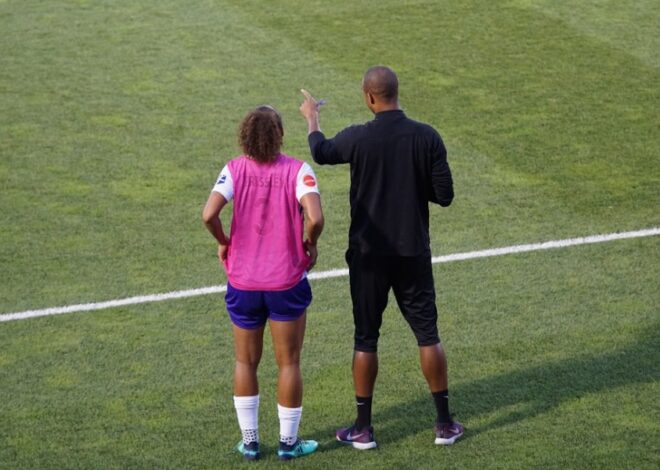
What We Need to Tell Our Daughters (And Sons) About the UVA Rape Story
It’s a natural parenting instinct: to shield your kids from the brutal details of sexual assault. But if you haven’t yet talked to your kids about rape, now is the perfect time.
Here are some facts: 80% of rape victims are under age 30. 44% are under age 18. Roughly two-thirds of rape victims know their attackers.
About 20% of women in college are sexually assaulted. Most of the collegiate rapes occur freshman year, largely between students’ first day on campus and Thanksgiving break – the so-called Red Zone – when women new to college are particularly vulnerable. Roughly 10% of male college students commit rape, and about 90% are repeat offenders who, on average, assault six fellow students.
What this means is that your daughter, her roommate, or one of her friends, has a good chance of being sexually assaulted in college – no matter what college she attends. The assailant will probably be a fellow student, someone she knows, someone the college invited onto campus via the same kind of nice acceptance letter she received. Colleges have known these facts for decades, yet have done too little to prevent, or prosecute, campus rape. It’s time for parents to pressure colleges to end rape on campus.
Fortunately or unfortunately, the University of Virginia and Rolling Stone magazine have given parents a great opportunity to talk to our kids about rape and to advocate for greater collegiate prevention.
Here are the facts about the UVA Rolling Stone story:
UVA student who calls herself “Jackie” to protect her privacy told Rolling Stone the story of being gang-raped at a fraternity in September 2012, her freshman year. She refused to let Rolling Stone reveal the names of her attackers, either to shield herself, or to prove that she wasn’t on a vendetta or out to falsely accuse anyone. Since publication of the Rolling Stone investigative piece, many of Jackie’s details of the rape have been questioned, and Rolling Stone issued an apology for these discrepancies along with questions about Jackie’s credibility, despite the fact that she had no legal or financial motivation to lie.
The original story – and the apology — have received national and even international attention. For good reason. Rape is a common crime; one in six women are assaulted at some point in our lives. Sexual assault is a vastly unreported crime, with only 60% of victims reporting attacks to police. And rape is a tragically under prosecuted crime – 97% of rapists never spend a day in jail.
The Rolling Stone story was written, in large part, because of groups like End Rape on Campus and SurvJustice and sexual assault advocacy that have been trying for years, some for decades, to bring media attention to violence against women. After enduring a culture of misplaced victim blaming and shaming, rape survivors are increasingly coming forward about sexual assault, particularly on college campuses. In response, the media is reporting the details with increasing openness, frankness, and disregard for the risks of defamation lawsuits from alleged attackers – a factor that has long contributed to our culture’s silence about rape.
The uproar over alleged discrepancies in the Rolling Stone UVA rape story shows this: how deeply we, as a society, want to disbelieve rape victims. This is a critical message for our sons and daughters, as we work to destigmatize rape and assault.
It is common for crime victims like Jackie, and eyewitnesses, to make mistakes. It is also predictable that rapists will deny their crimes. Imagine the coherence of your memory if you were raped. Or a good friend hysterically described being raped. Or your son were accused of rape.
The “discrepancies” cited by the magazine are things like: there was no official party at the alleged fraternity on September 28, 2012, the night Jackie reported being gang raped. No one from that specific fraternity was employed by the pool where Jackie said the ringleader worked. Several friends, while saying they believe she was assaulted, question details like the amount of blood on her dress afterwards and the specific sex acts performed by the rapists.
There are several plausible explanations. Perhaps Jackie got the date or some details wrong. Maybe Jackie did intentionally mislead Rolling Stone – to shield herself, disguise her attackers, or for other reasons. Perhaps the rapists threatened to kill her if she told the truth or identified them by name, employer, or the fraternity (death threats being common enough during sexual assaults). Jackie adamantly refused to identify her rapists publicly; this fact is now being used to undermine her credibility. But perhaps she is doing so for the simplest reason: to protect herself.
Some victims are never able to speak publicly about being assaulted. Sympathy for the victim here, especially only two short years after an attack, are also important messages for children to hear.
A vociferous attack on any victim’s credibility is a twisted warning to all women: if you are raped, no matter whether you are drugged or drunk or blindfolded or threatened, you best have every single detail memorized with impeccable accuracy. You must report the attack immediately no matter your trauma, injuries, or fear. You must do so in a timely fashion through proper criminal justice channels. Because one of the most important messages for our children is that our society is poised to disbelieve everything a rape victim says, and to give every benefit of the doubt to the attackers.
Discrepancies or mistakes in the Rolling Stone story should not give anyone an excuse to discredit or disparage rape victims, or to back away from a societal imperative that rape should be punished and prevented. Ask yourself, and ask your children: is there any other crime where the victim is treated with this kind of callousness?
Instead, we as a society need to better understand the trauma of what is an all-too-common, under-reported, under-penalized crime. We need MORE, not less, reporting about rape (even imperfectly done). For parents who want to raise children empowered to avoid sexual assault, or recover from it when it happens, what this means for us now is simple: more talk about sexual assault, and less silence in front of the children.




